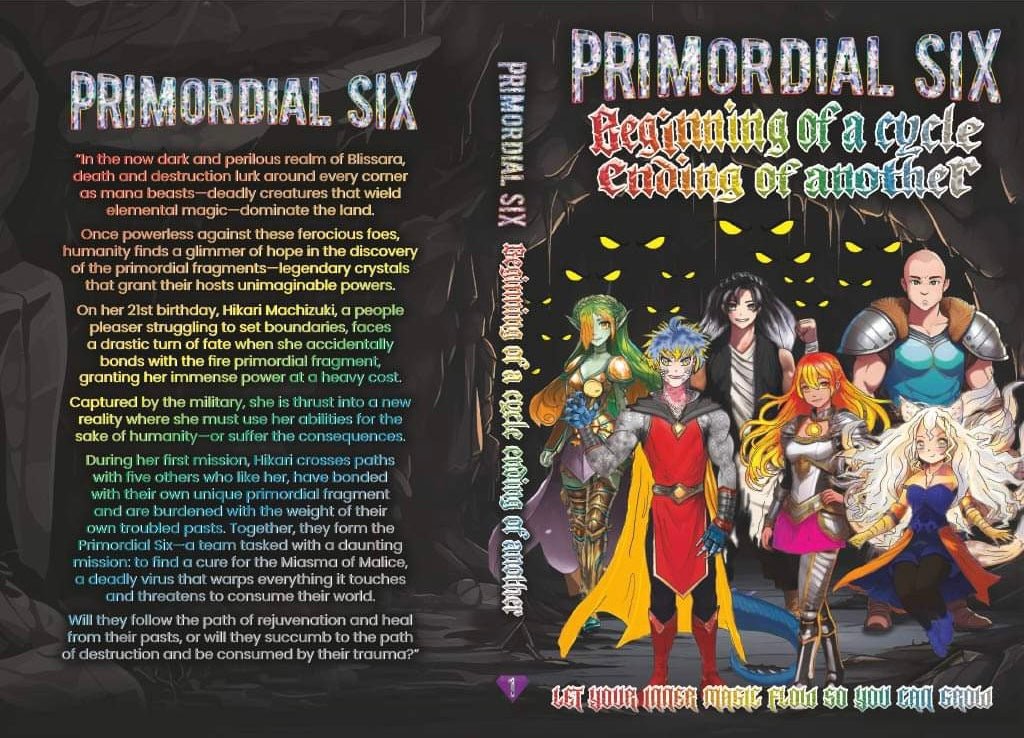What is Survivor's guilt?
Share
What is survivor’s guilt?
Survivor’s guilt is a complex psychological phenomenon where an individual develops the belief that they have done something wrong or are undeserving to live when surviving a traumatic event when others did not.
This belief leads to feelings of intense guilt that revolve around them surviving the event, feeling responsible for the death and suffering of the other victims, and strong feelings of shame for not being able to do more to help.
Types of Survivor's guilt
There are three types of survivor’s guilt which are:
- Causal guilt, the Belief the individual directly caused the death or injury of others.
- Moral guilt, the feeling that the individual didn’t do enough to help others survive.
- Existential guilt, where the individual struggles with the nature of survival e.g. why they survived and others didn’t.
Common causes
There are a few common situations that can cause an individual to develop survivor’s guilt. A few examples of this are:
- Surviving war or life or death combat
- Accidents such as car or plane crashes
- Natural disasters like earthquakes or floods
- Losing someone to suicide or a serious physical/mental illness.
Symptoms
Indvidual’s who suffer from Survivor’s guilt commonly suffer from these symptoms:
- intrusive thoughts about the event
- Flashbacks or nightmares
- Difficulty concentrating
- emotional numbness
- Irritability or anger
- Self blame or negative self image
- Social withdrawal
- Sleep disturbances
- Physical symptoms such as headaches or stomach problems
Other effects
Survivor's guilt can also cause a change in an individual’s cognitive patterns causing them to develope different neagative thinking patterns such as:
- Catastrophising - black and white thinking
- Personalisation (severe self blame)
Survivor’s guilt can also lead the individual to develop people pleasing tendencies due to making them believe they must atone for surviving by becoming overly agreeable, kind, self sacrificing etc.
Treatments
Treatments and support for survivor’s guilt may consist of:
- Cognitive behavioural therapy (CBT)
- Eye movement desensitisation and reprocessing (EDMR)
- Connecting with others who experienced similar loss in support groups
- Practicing mindfulness through daily affirmations and meditation
- Journaling
- Medication such as anti depressants or anti anxiety medication
- Even this awareness infographic may also help reduce feelings of guilt after you learn that the shame you feel is a trauma response,
I hope you enjoyed this infographic and learnt something new.
If you, or someone you know suffers from Survivor’s guilt, just know that you are not alone and that I'm glad you’re alive and survived whatever it was you went through, you deserve to be alive and I can’t wait to see what you accomplish.
Until next time
- Andrew Hayward




